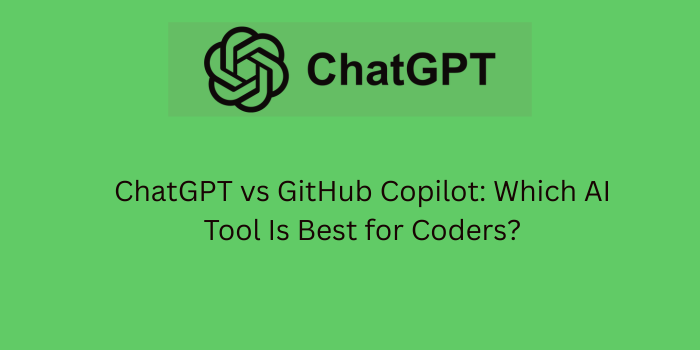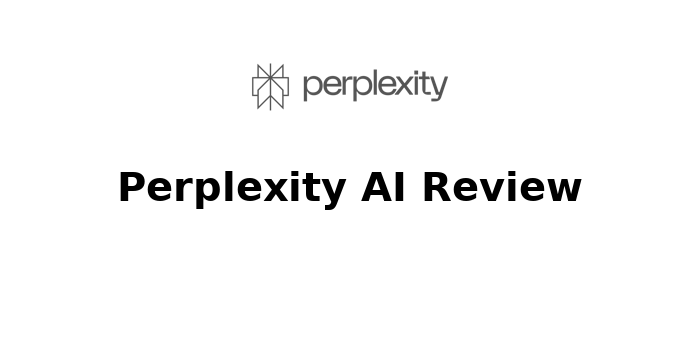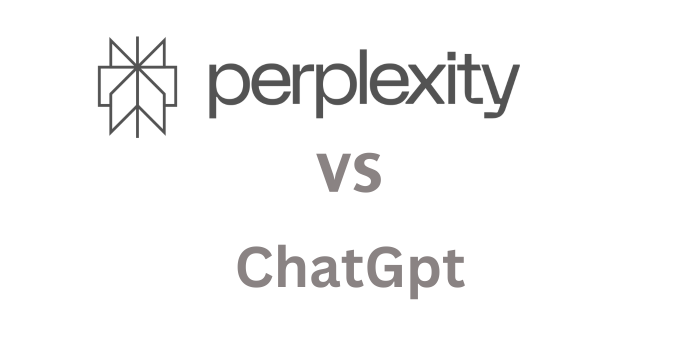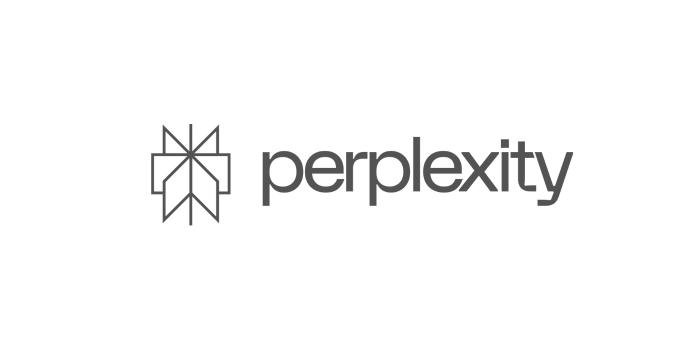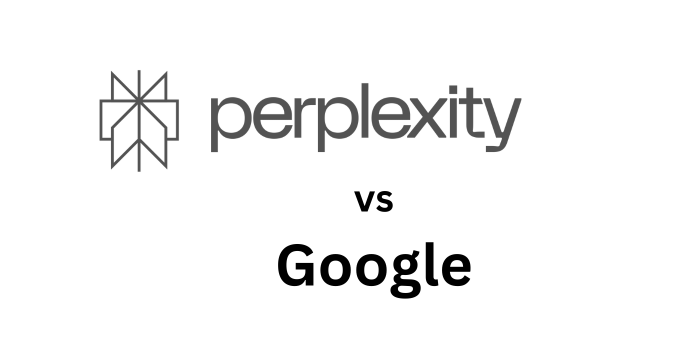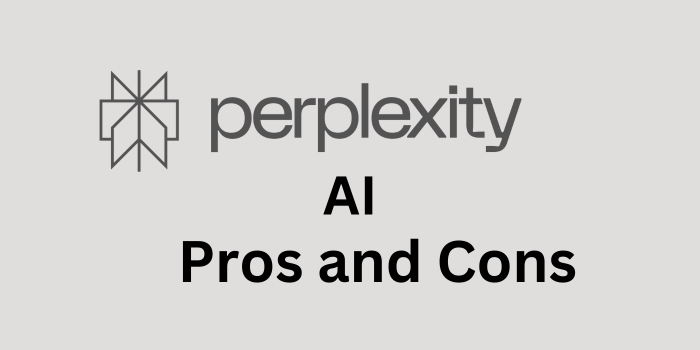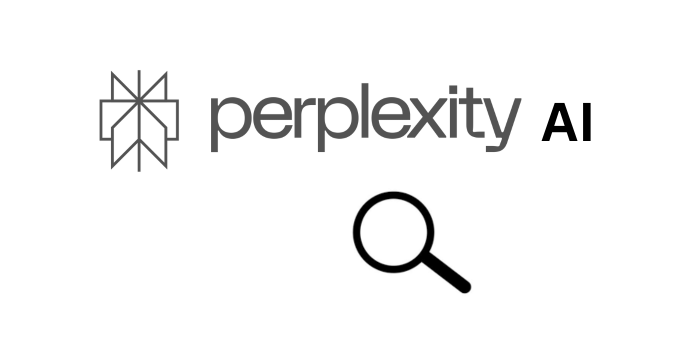In the ever-evolving world of software development, AI coding assistants have emerged as powerful tools that boost productivity, enhance learning, and automate repetitive tasks. Two of the most popular AI coding tools in 2025 are ChatGPT and GitHub Copilot. While both offer impressive features, they serve different purposes and excel in different areas. In this article, we’ll provide an in-depth comparison of ChatGPT and GitHub Copilot to help you choose the best AI tool for your development needs.
What is ChatGPT?
ChatGPT is an AI-powered chatbot developed by OpenAI. Built on the GPT-4 language model, ChatGPT can engage in natural conversations, generate human-like responses, and provide solutions to programming problems. It’s widely used by developers for debugging, learning new programming languages, and getting help with complex algorithms.
Key Features of ChatGPT for Coders:
ChatGPT offers a rich set of features tailored to both beginner and advanced developers. Its ability to understand natural language prompts makes it an ideal companion for debugging, learning new programming paradigms, and quickly generating or refactoring code. Whether you’re exploring a new tech stack or looking for help with regular expressions, ChatGPT can guide you step-by-step through complex tasks.
- Multilingual code generation support (Python, JavaScript, Java, C++, etc.)
- Explains code line-by-line
- Debugs and refactors code
- Helps with documentation and comments
- Capable of learning from extended conversation context
What is GitHub Copilot?
GitHub Copilot is an AI-powered code completion tool created by GitHub in collaboration with OpenAI. It integrates directly with popular code editors like Visual Studio Code, JetBrains, and Neovim. Copilot acts as an autocomplete tool that provides suggestions as you write code.
Key Features of GitHub Copilot:
GitHub Copilot acts as your real-time coding partner inside your IDE. It reads the context of your current file and intelligently suggests code snippets, entire functions, and even documentation comments as you type. Designed to streamline development workflows, Copilot makes it easier to focus on solving problems instead of getting bogged down with boilerplate or repetitive syntax.
- Context-aware code completions
- Fast and lightweight integration with IDEs
- Auto-generates boilerplate code
- Useful for pair programming
- Supports multiple programming languages
ChatGPT vs GitHub Copilot: Feature Comparison
| Feature | ChatGPT | GitHub Copilot |
|---|---|---|
| Best Use Case | Conversational learning, debugging, explanations | Inline code generation, productivity booster |
| Integration | Web interface, ChatGPT plugins, API | Direct IDE integration (VS Code, JetBrains) |
| Offline Use | No (requires internet) | Limited support with cached suggestions |
| Pricing | Free tier available, ChatGPT Plus ($20/month) | Copilot Individual ($10/month), Copilot Business ($19/month) |
| Learning Curve | Minimal; works like a chat interface | Very intuitive; acts like autocomplete |
Advantages of ChatGPT for Developers
ChatGPT provides developers with a powerful way to learn, experiment, and solve problems faster through natural language interaction. Whether you’re a beginner trying to grasp the fundamentals or a seasoned programmer dealing with complex bugs, ChatGPT offers immediate support and insightful explanations. Its ability to adapt to different coding styles and scenarios makes it a versatile companion for anyone looking to improve their programming efficiency and understanding.
- Great for beginners looking to learn programming concepts
- Provides detailed answers and code explanations
- Can simulate pair programming through conversation
- Excellent for writing blog posts, code documentation, or tutorials
Advantages of GitHub Copilot for Developers
GitHub Copilot is designed to keep you in the flow while coding. It acts like an intelligent pair programmer that suggests complete functions, reduces repetitive typing, and helps you move faster from idea to implementation. For experienced developers, it enhances efficiency, while for beginners, it can serve as a learning tool by showing practical coding patterns and use cases directly within the editor.
- Highly efficient for rapid coding
- Reduces time spent writing boilerplate code
- Fits naturally into daily coding workflow
- Helps discover coding patterns and best practices
When to Use ChatGPT
ChatGPT shines when you’re stuck on a concept, need explanations, or want to brainstorm ideas. It’s perfect for:
- Learning a new programming language
- Debugging unfamiliar code
- Understanding complex algorithms
- Writing documentation or blog content
When to Use GitHub Copilot
GitHub Copilot is your go-to tool for enhancing coding speed and staying in the flow. It’s ideal for:
- Writing repetitive or boilerplate code
- Prototyping quickly
- Working in a fast-paced development environment
- Reducing mental fatigue during long coding sessions
Limitations of ChatGPT
- Doesn’t integrate directly into IDEs (yet)
- Requires you to copy and paste code manually
- Sometimes produces outdated or incorrect information
While ChatGPT is incredibly versatile and powerful, it’s important to remember that it is not infallible. Its responses are based on the data it was trained on, which means it may occasionally provide outdated syntax or suggestions that don’t align with the latest best practices. Additionally, without a live coding environment, it can’t test or execute code in real-time, so the responsibility of validating the output always falls on the developer. For high-stakes projects, always verify results before implementation.
Limitations of GitHub Copilot
While GitHub Copilot is incredibly useful for boosting productivity, it’s not without flaws. It often lacks context awareness beyond a few lines, which means the suggestions can be irrelevant or incorrect in complex scenarios. Additionally, it doesn’t explain the logic behind the code, making it harder for beginners to understand what’s happening under the hood.
- Doesn’t explain code or logic
- May produce insecure or incorrect code without warning
- Requires active coding context to work best
Security Considerations
Both tools are built on large language models trained on publicly available code. It’s essential to review and test AI-generated code before using it in production environments. GitHub Copilot may suggest code snippets that resemble open-source code, which can raise licensing concerns if used blindly.
Developer Workflow Comparison
Understanding how ChatGPT and GitHub Copilot fit into your daily development workflow is essential for choosing the right tool. Each AI assistant is designed with a different style of interaction in mind—ChatGPT focuses on conversational problem-solving and code explanation, while Copilot is built for in-line coding assistance. Let’s break down how these tools typically integrate into your day-to-day programming process.
Typical ChatGPT Workflow:
- Open ChatGPT in a browser
- Describe your problem or ask a question
- Copy-paste the response into your code editor
- Test and tweak the code manually
Typical GitHub Copilot Workflow:
- Start typing code in your editor
- Accept, edit, or reject Copilot suggestions
- Build your project with real-time assistance
Which One is Best for You?
If you’re a beginner or someone who likes to understand the “why” behind the code, ChatGPT is a better fit. It’s also ideal for researchers, students, and content creators in tech.
On the other hand, if you’re a professional developer who prioritizes speed and efficiency, GitHub Copilot can greatly boost your productivity.
Can You Use Both Together?
Absolutely! Many developers use ChatGPT to understand or plan their code and then use GitHub Copilot to write it quickly. This hybrid approach offers the best of both worlds: clarity and efficiency.
Final Verdict: ChatGPT vs GitHub Copilot
There is no one-size-fits-all answer to this question. Your choice depends on your goals, experience level, and preferred workflow. Here’s a quick summary:
- Choose ChatGPT if you want a conversation-style assistant that explains and teaches.
- Choose GitHub Copilot if you want a seamless, fast coding partner that completes your thoughts.
Conclusion
Whether you’re building your first app or managing enterprise-grade software, AI tools like ChatGPT and GitHub Copilot are revolutionizing the way we write code. Use them wisely, and they’ll become indispensable tools in your development toolkit.
